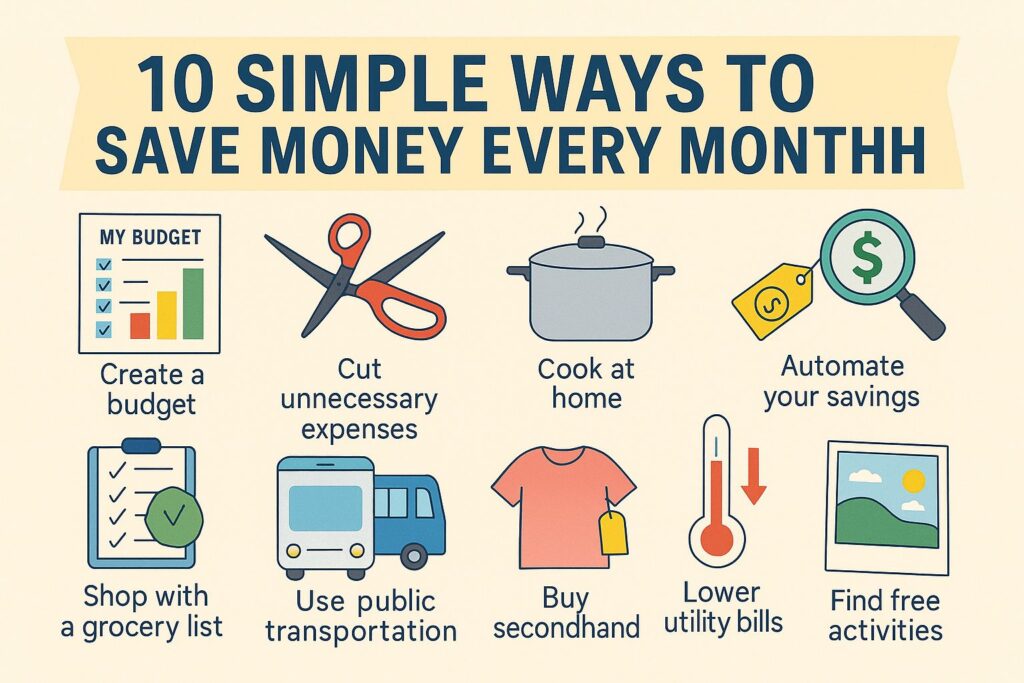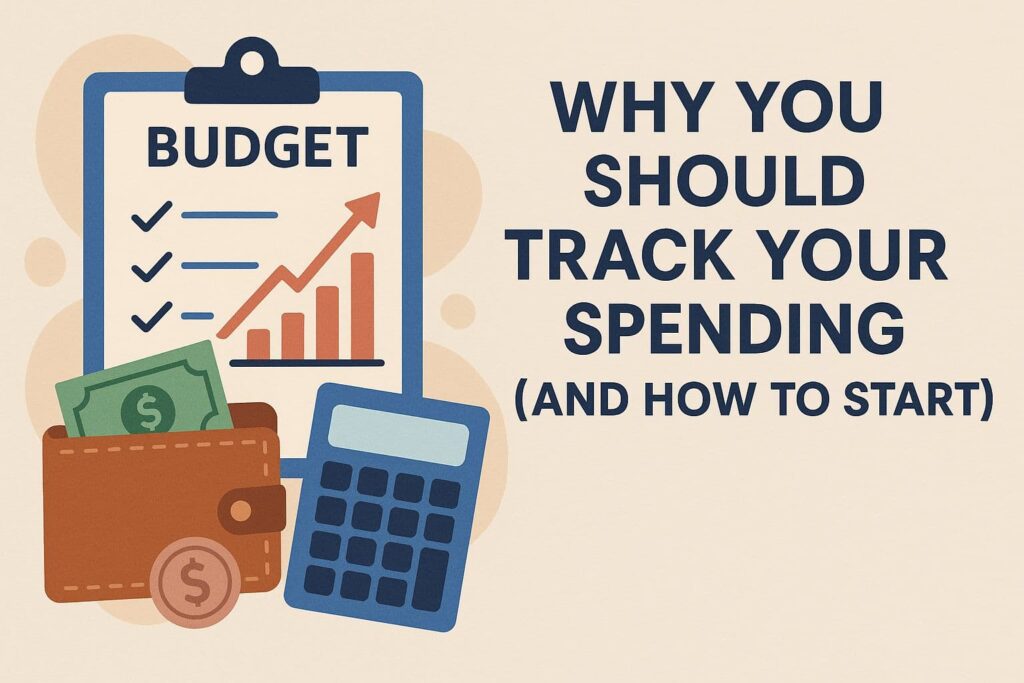Feeding yourself or your family doesn’t have to break the bank. With grocery prices rising, now more than ever, learning how to budget your food spending is essential. The good news? You can cut your grocery bill in half without sacrificing quality or nutrition. Here’s how to make it happen.
- Start with a Grocery Budget
The first step is simple but powerful: set a spending limit.
Determine how much you can realistically afford to spend on groceries each week or month. Track your past spending to set a baseline.
📌 Pro tip: Use the 50/30/20 rule — allocate 50% of your income for needs, including groceries.
- Plan Your Meals in Advance
Meal planning is a budget saver. By planning your meals weekly, you avoid last-minute fast food runs and reduce food waste.
📝 Choose recipes with overlapping ingredients.
🍝 For example, one bag of spinach can be used in pasta, smoothies, and sandwiches.
This strategy helps you use what you buy — nothing goes to waste.
- Make a List — and Stick to It
Impulse buys are grocery budget killers. Before going to the store, write a shopping list based on your meal plan.
📱 Use apps like AnyList or Google Keep to make it digital.
Avoid wandering the aisles — every extra item adds up quickly.
- Shop With a Full Stomach
Yes, really. Going to the store hungry leads to cravings and spontaneous purchases. Studies show hungry shoppers spend more.
Eat before you shop — your wallet will thank you.
- Buy in Bulk (Strategically)
Buying in bulk can save a lot — but only if you actually use what you buy.
Focus on non-perishable staples like:
• Rice
• Pasta
• Oats
• Canned beans
• Frozen veggies
These items last longer and cost less per serving.
- Compare Unit Prices
Don’t be fooled by packaging. Always check the unit price (price per ounce, pound, or liter) to find the best deal.
🛒 Store brands often have the same quality at lower prices.
Stick to basics, avoid pre-cut or pre-packaged items when possible — you’re paying for convenience.
- Use Coupons and Cashback Apps
There are apps that pay you to grocery shop. Seriously.
📲 Try tools like:
• Ibotta
• Fetch Rewards
• Rakuten
• Flipp (for local deals)
Also, don’t ignore store loyalty programs — they often offer exclusive discounts.
- Reduce Meat Consumption
Meat is usually the most expensive part of the grocery bill.
Try one or two meatless days per week and explore plant-based proteins like:
• Lentils
• Chickpeas
• Eggs
• Tofu
It’s healthier for your wallet and your body.
- Store Food Properly
Food waste = money wasted. Learn how to store fresh produce so it lasts longer. For example:
• Keep herbs in a glass of water like flowers
• Store mushrooms in a paper bag
• Freeze leftover portions for another meal
- Track and Reflect
At the end of the month, look at your receipts or bank statements.
What worked? What didn’t? Adjust your strategy based on real data.
📊 Use a simple spreadsheet or budgeting app like YNAB or Mint to track your grocery spending over time.
Final Thoughts
Cutting your grocery bill in half doesn’t require extreme measures — just smart, consistent habits. With a little planning, awareness, and creativity, you can eat well and save money at the same time.
🥦 Remember:
Budgeting your food = feeding your savings.
Start small. Stay consistent.
And next time you shop, let your list lead — not your cravings.
Disclaimer:
The content on Groviest.com is provided for informational purposes only and does not constitute financial, investment, legal, or tax advice. While we strive to provide accurate and up-to-date information, we make no guarantees of any kind regarding the completeness, accuracy, or applicability of the content.
Readers are encouraged to do their own research or consult with a licensed financial advisor before making financial decisions. Groviest.com and its authors are not responsible for any financial losses or decisions made based on the content of this blog.


